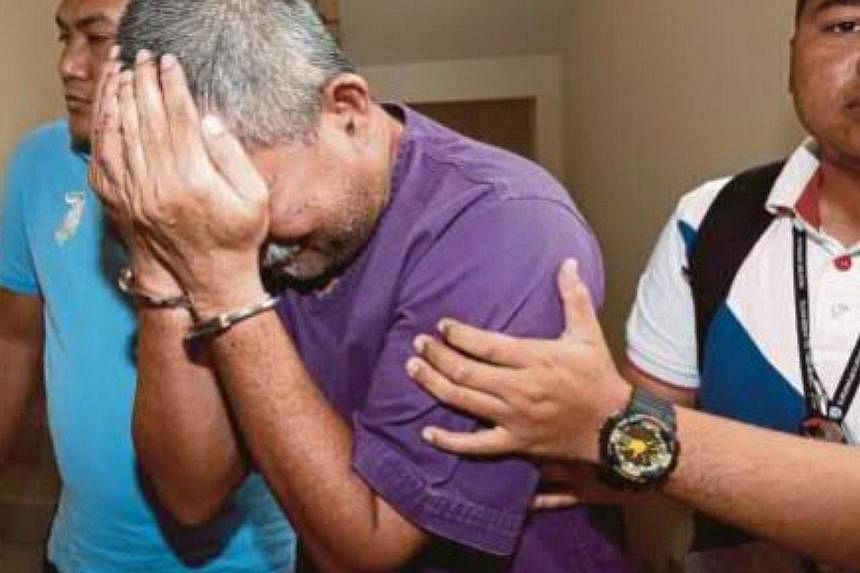KUALA LUMPUR - An anti-corruption taskforce in Malaysia has uncovered what it believed could be "the biggest scandal involving civil servants".
Investigators remanded 24 members of a syndicate running an intricate network at the Port Klang Free Zone (PKFZ) that is believed to have cost the government RM4 billion (S$1.57 billion) in lost revenue, the New Straits Times reported on Friday.
Among those arrested were a state customs director and 11 personnel of various ranks from the customs department, said the newspaper. Twelve others were also arrested, including company owners and lorry drivers.
Investigation into the syndicate started in 2011, according to the report. The syndicate allegedly left a long money trail that allowed investigators to blow the lid on their illicit operations.
"Their lavish lifestyle was among what gave them away. They couldn't have been more blatant in displaying their ill-gotten wealth," one of the investigators said.
Among the things seized were 10 luxury cars, including a Porsche, several Audis and Mercedes, and RM3 million in cash. Investigators have also frozen 200 bank accounts allegedly used by the syndicate's network.
"RM1.67 billion worth of cigarettes and alcohol were brought into the country under their watch since 2011... but from that amount, only a total value of RM420 million was declared,'' said Datuk Seri Mohd Shukri Abdull, deputy chief commissioner (Operations) of the Malaysian Anti-Corruption Commission (MACC).
"Investigations had shown that the goods were brought in from Scotland, Sweden, Indonesia, Thailand, China, India and Cambodia."
The commission is looking at making more arrests soon, said the report.
The Star newspaper said the smuggled items were being sold in Malaysia as well as in neighbouring countries.
The New Straits Times quoted Shukri as saying this could be just the tip of the iceberg as the estimated losses calculated were based on investigations into only 10 of 70 companies that operate in PKFZ.
"The Customs Department and the Inland Revenue Board are crunching the numbers to identify exactly how much the government had lost to this syndicate and how it had affected the market trend."
Shukri said the syndicate had allowed into the country high quality cigarettes and liquor, kept them at the PKFZ and released the goods after their minimal tax value were declared.
The syndicate used cash in their transactions with importers, and had under their payroll, a large number of people, including the port's gatekeepers, he added.
The Malay Mail quoted former PKFZ chairman Datuk Lee Hwa Beng as saying the Royal Malaysian Customs Department should not be the only agency in control of the zone as such practices could lead to abuse.
"The free zone area is fenced from the entrance and the Customs is in control of the entire area," he said.
During his tenure as chairman between 2009 to 2011, all entry points were heavily guarded by the Customs while auxiliary police served as back up.
"Security screening was strict that even I, as chairman, was required to register and collect a pass at the checkpoint to get into the area. I feel there is too much control by one party," the website quoted Lee as saying.
He described the zone as a "gold mine'' as it functions as a warehouse and storage area for goods brought into the country via Port Klang.
"Companies stock their goods there before they are sent out. This gives room for wrongdoings," he said, adding that such situations created an opportunity for illegal activities especially during off-peak hours.

